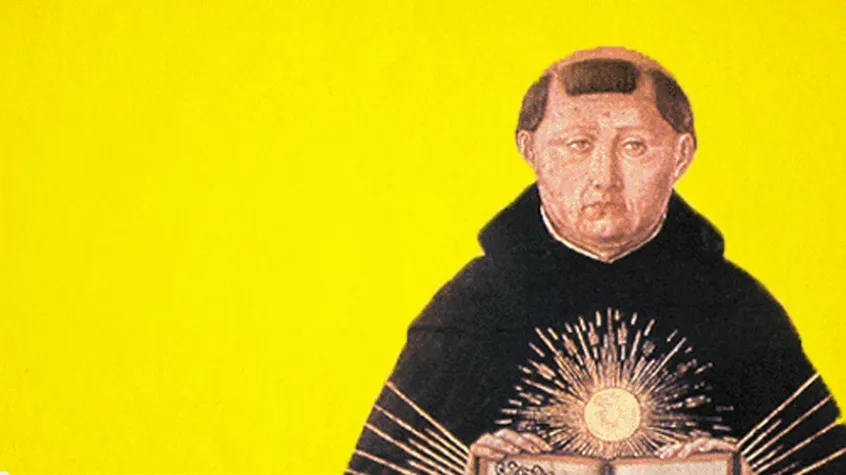Thomas Aquinas died on 7 March, 1274, 750 years ago. This year and next (the eighth centenary of his birth) there will be special occasions to reckon with his legacy.
To approach Thomas Aquinas (1225– 1274) is to encounter one of the all-time giants of theology. Thomas is second only to Augustine in his influence on Western Christianity.
More specifically, for centuries, Roman Catholicism has regarded Thomas as its champion, the highest, most resounding, most complete voice of Roman Catholic thinking and believing. Canonised by John XXII as early as 1323 only 49 years after his death, he was proclaimed a Doctor of the Church by Pius V in 1567 as the quintessential Catholic theologian whose thinking would defeat the Reformation. During the Council of Trent, the Summa theologiae was symbolically placed next to the Bible as evidence of its primary importance in formulating the Tridentine decrees and canons against justification by faith alone. In the 17th century, Thomas was considered the defender of the Catholic theological system by Robert Bellarmine, the greatest anti-Protestant controversialist who influenced entire generations of Roman Catholic apologists.








